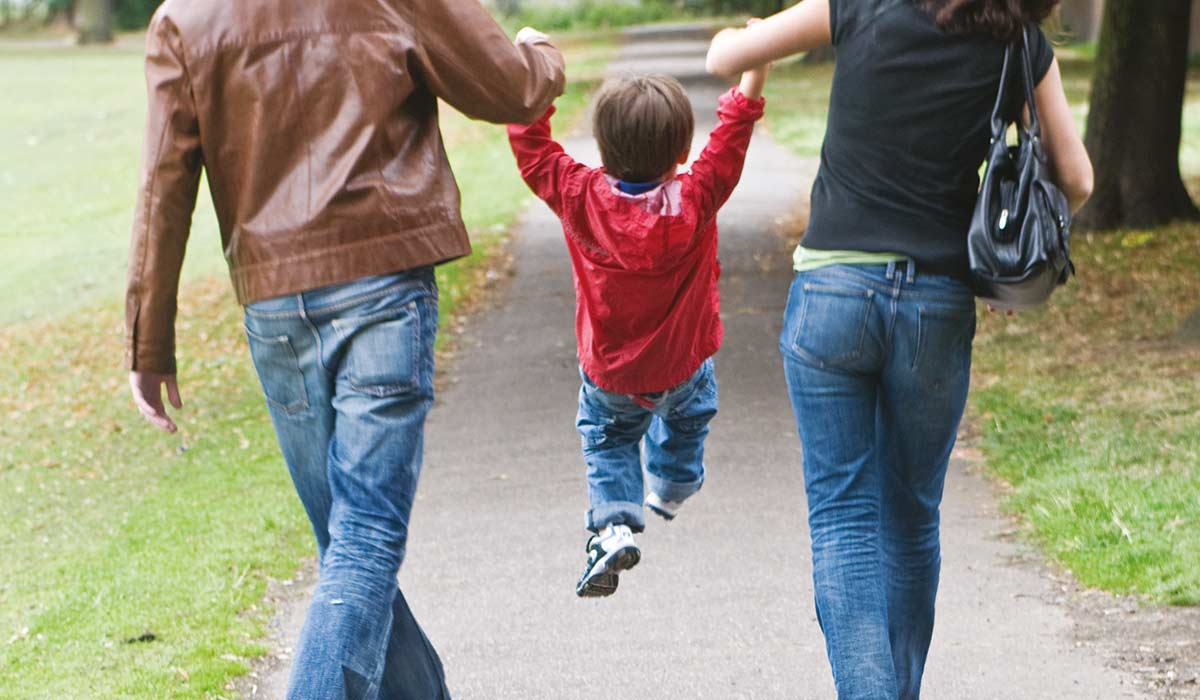Father’s Day tips for separated parents
Published in Blog by Tavistock Relationships on June 14th 2021

Father’s Day can bring up strong emotions for parents who have separated or divorced, and it can do the same for their children.
However, the day can be a positive experience if co-parents acknowledge the feelings it might raise, and try a collaborative approach to cope with emotions.
Here are 5 tips to help make Father’s Day a success for both children and parents:
- Think about the meaning of the day from your child’s perspective – co-parents need to separate their child’s relationship with their other parent, from the way they feel about each other. Children are extremely sensitive to cues around conflict in their parents, even non-verbal ones, so try to keep these to a minimum, so your child can enjoy the day.
- Make space for meaningful days like Father’s Day - remember that as well as security and structure, children also need the gift of flexibility, so try to be accommodating around time spent with your co-parent on meaningful days. Keep in mind it is not the child’s job to fulfil the parents’ needs, so do your best to plan ahead to help make special days a success for everyone.
- Think about how the other parent feels - when parents can think about what their ex-partner might be feeling, communication about the children and around parenting becomes easier, or at the very least, possible. And when parents form a collaborative approach, children pick up on this, making them more relaxed and less worried. This in turn can improve their behaviour and outcomes.
- Don’t try to position yourself as the ‘good’ parent - children need to be shielded from conflict, and not pulled to side with one parent over the other. If you speak ill of your co-parent, it can make children feel the urge to become a parent figure themselves, believing one parent needs protecting from the other. This fast-forward in terms of their development, placing them in the middle of an adult dynamic they don’t fully understand, can leave them suffused with feelings of guilt and blame.
- Understand why handovers are often difficult for children – children often play up when they are picked up or dropped off by one or the other of the parents. Some parents are tempted to interpret this as a sign that their son or daughter would prefer not to see the other parent, but this is rarely the case. Child experts sometimes call this ‘transitional anxiety’ and it can cover a whole range of challenging behaviours. Children might become quiet, withdrawn, aggressive, tearful or over-excited in anticipation of seeing the other parent.
Children need all their parents’ love and energy, and it is painful for them if so much of their parents’ attention is taken up with fighting each other. And research reveals that children exposed to prolonged conflict between their parents puts their emotional and behavioural development at risk.
Free parenting programmes
For more information about the support available at Tavistock Relationships view our range of free parenting programmes or call 020 7380 1960.
Get in touch.

© 2023 Tavistock Relationships. All Rights Reserved.
10 New Street, London, UK, EC2M 4TP - Tel: 020 7380 1975
Registered Charity Number: 211058. Tavistock Institute of Medical Psychology.
Company number: 241618.

© 2023 Tavistock Relationships. All Rights Reserved.
10 New Street, London EC2M 4TP
Tel: 020 7380 1975
Registered Charity Number: 211058. Tavistock Institute of Medical Psychology. Company number: 241618.

